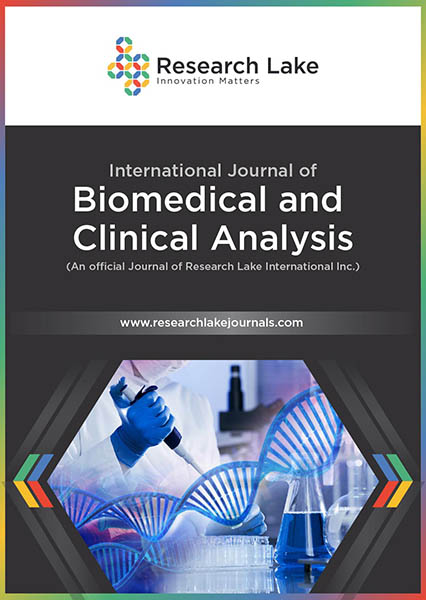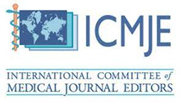Ιnternists’ and Endocrinologists’ Knowledge and Attitudes Regarding Periodontal Disease, Caries, Xerostomia and Diabetes Mellitus: A National Survey
Abstract
Objectives: The present study aims to investigate the current knowledge, attitudes and behaviors of clinicians dealing with diabetes regarding the relationship of Diabetes Mellitus (DM) and odostomatological diseases, such as periodontal disease, xerostomia and caries.
Methods: A twenty-four item closed-ended multiple-choice questionnaire was completed by 225 Greek medical doctors. The sample was divided into three groups according to specialty: a) Endocrinologists; b) Internists; c) Internal medicine registrars. Bivarate analysis, Fisher test, and Spearman correlation were used for statistical analysis.
Results: Most doctors were aware of the bi-directional relationship between periodontal disease and DM. Regarding the relationship between DM and xerostomia, 50% of doctors were unaware that patients with DM have an increased risk of xerostomia and were unfamiliar with the relevant studies. Nearly 50% of doctors agreed that patients with diabetes are at increased risk of developing caries. Age, specialty, and years of expertise have an impact on the way of doctors' answer. Finally, 78,6% of doctors treating diabetes should cooperate with dentists to reduce their patients' risk of odontostomatological complications.
Conclusions: The relationship between diabetes and dental problems is often underestimated. Implementation of medical and dental educational programs oriented in increasing inter-professional education as well as collaboration between dentists and doctors dealing with diabetes, are needed in order to achieve the goal of better care of patients with diabetes.
Copyright (c) 2022 Christos Rahiotis, Eleni Petsiou, Panagiota Mitrou

This work is licensed under a Creative Commons Attribution-NonCommercial 4.0 International License.
Copyright © by the authors; licensee Research Lake International Inc., Canada. This open-access article is distributed under the terms of the Creative Commons Attribution Non-Commercial License (CC BY-NC) (http://creative-commons.org/licenses/by-nc/4.0/).






















